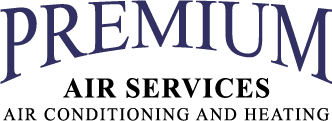A lot of homeowners only call for air conditioning repair when their system breaks down. However, the truth is your air conditioner will often show signs of trouble before a total breakdown that results in new AC installation. Noticing early problems and calling the experts at Premium Air Services LLC to address issues early can help you avoid the hassle and expense of a full AC system failure. More importantly, it can prevent the discomfort of having your AC fail on a hot day.
When you call us, our team of certified HVAC technicians will identify the problem, fix the problem and get your system running again. We have a proven track record in the community and provide reliable, cost-effective AC service for our community.
Why hold off until your cooling system quits? Skip all that hassle by calling today to schedule AC repair in Tomball, TX, from Premium Air Services LLC.
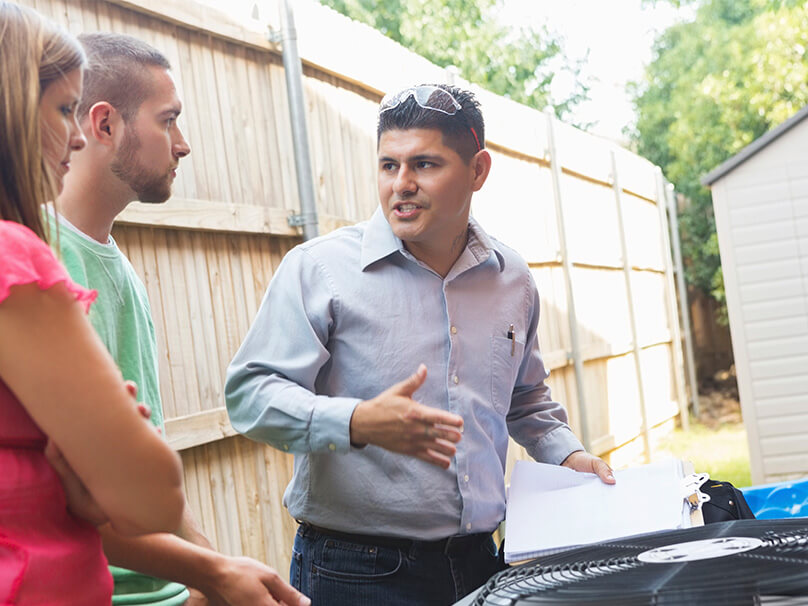
How to Know if You Need AC Repair
How can you tell if your air conditioner is having issues? From unusual smells to warm air coming from the vents, there are many clues that your cooling system has an issue and needs diagnosis and repair.
Here are some red flags that trouble may be around the corner and it’s time to call an HVAC technician from Premium Air Services LLC:
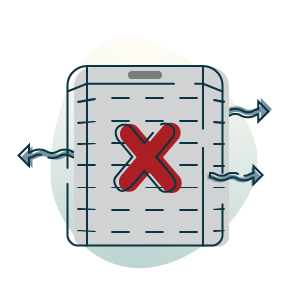
AC won’t blow cold air
If hot air is flowing out of your AC unit instead of cool air, or if the air isn’t as cold as you’d like, it’s a smart move to call us for professional cooling service.
AC keeps turning on and off
If your AC system starts and stops instead of running consistently, it could be a sign of several problems and should be evaluated by one of our certified HVAC technicians.
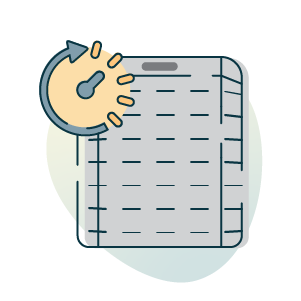
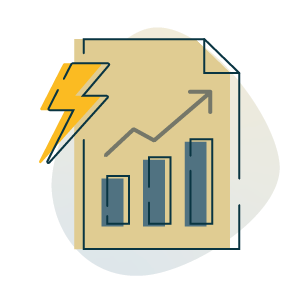
Home energy bills increase for no apparent reason
A sharp increase in your energy usage can be a signal your AC unit is losing efficiency, which means it uses more energy to keep your space comfortable and needs AC maintenance or repair.
Strange smells are coming from your air conditioning
Air conditioners should not stink. Weird smells coming from your air conditioner should be evaluated by a professional, as they can be a red flag for issues like mold, mildew or even electrical issues.
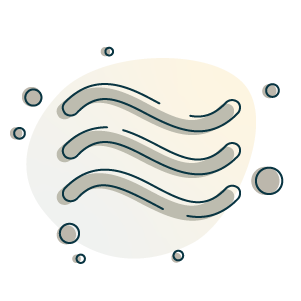
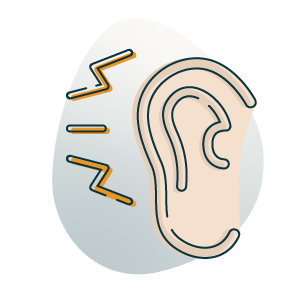
AC starts making noises
If you hear odd noises when your air conditioner is running — clanking, scraping or screeching, to name just a few — it’s important to call for professional HVAC service to find out what’s wrong.
Request Expert Air Conditioner Repair Right Away
When you require air conditioning service quickly, reach the HVAC repair specialists at Premium Air Services LLC. We’ll speedily identify the trouble when your AC won’t run or deliver enough chilly air.
